US-Japan Women Leaders Dialogue
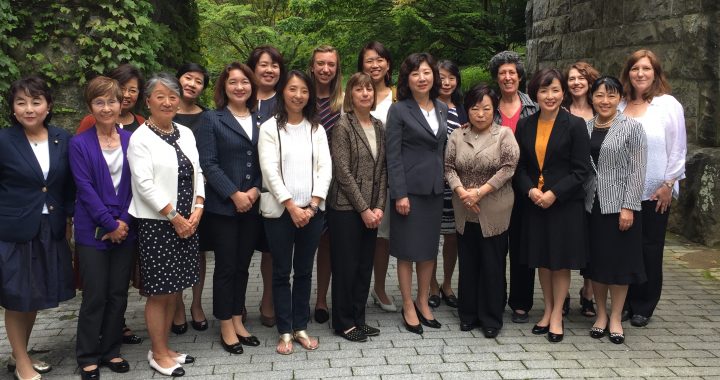
Recognizing that the voices of women continue to be underrepresented in discussions of key policy issues facing both Japanese and American societies, JCIE launched the US-Japan Women Leaders Dialogue in 2017 as part of the Empowering Women Leaders Program to convene women leaders from varying walks of life.
Healthy and Active Aging
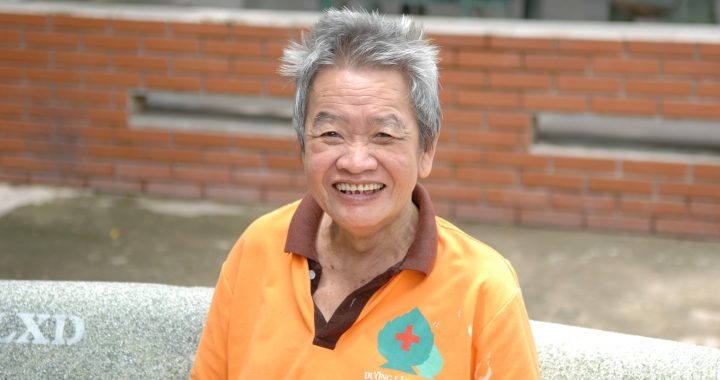
A look at the critical impact of aging on Japanese and other societies. JCIE is promoting dialogue, exchange, and research to understand the implications of aging societies worldwide and to share best practices to ensure that Japan and others can enjoy healthy longevity.
US-Japan Healthy and Resilient Aging Program
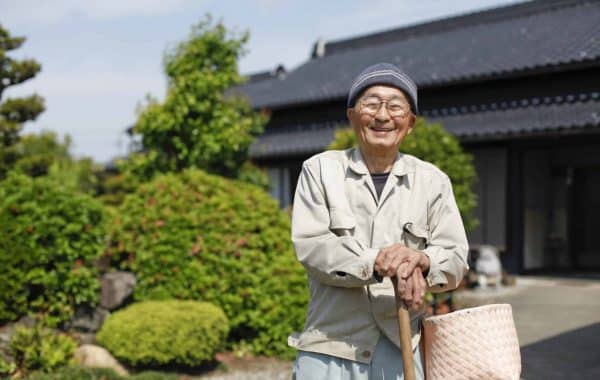
The US-Japan Healthy & Resilient Aging program promotes US-Japan collaboration on aging issues. The program will facilitate robust dialogues at the community and national levels that engage a broad spectrum of stakeholders and spark future collaboration for the benefit of both countries and the Asia-Pacific region as a whole.
US-Japan Global Health Dialogue
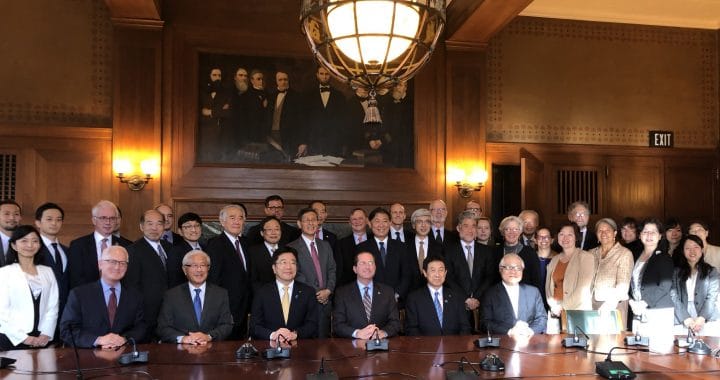
JCIE gathers policy experts and senior officials from various US and Japanese government agencies for a series of high-level dialogues to identify areas where the two countries can deepen cooperation on global health. Meetings have been co-organized with the UN Foundation, the Center for Strategic and International Studies (CSIS), and the National Academy of Medicine (NAM).
US-Japan Parliamentary Exchange
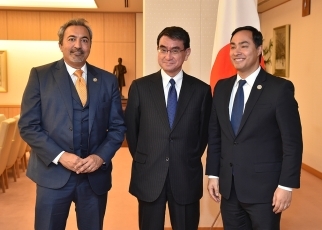
The US-Japan Parliamentary Exchange Program brings members of the US Congress and Japanese Diet to one another’s countries for a series of intensive dialogues with leaders from a broad range of fields. Participants in the US-Japan Parliamentary Exchange Program have risen to influential positions in their respective countries with an enhanced understanding of the US-Japan relationship.
US-Japan Young Political Leaders Exchange
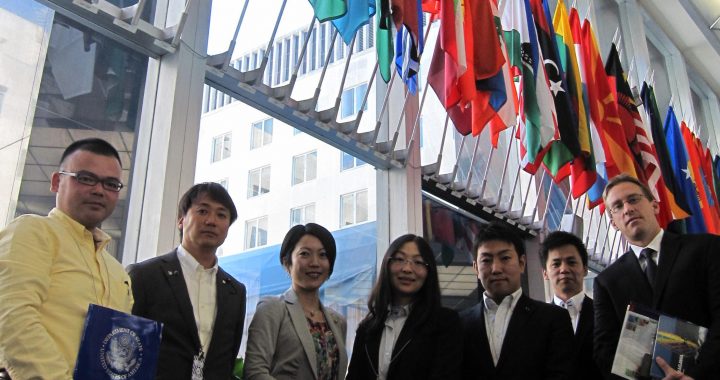
In 1973, JCIE and the American Council of Young Political Leaders (ACYPL) jointly launched the US-Japan Young Political Leaders Exchange Program, an annual bilateral exchange program designed to expose young leaders of each country to the politics and policymaking processes of the other country and to enhance their understanding of US-Japan relations.
A50 Caravan

In commemoration of the 50th anniversary of the signing of the San Francisco Peace Treaty, which formally brought World War II to a close, JCIE’s offices in Tokyo and New York, along with the National Association of Japan-America Societies (NAJAS) in Washington DC, organized an A50 Caravan. The Caravan featured 15 teams, each consisting of three Japanese participants who represented different generations and a broad spectrum of professions and backgrounds.
Revitalizing Regional Exchanges between the United States and Japan: Examples of Sister-City Exchanges

With the goal of revitalizing sister-city exchanges between Japan and the United States, this project sought to identify ways to overcome the issues that have led to the stagnation of many of these exchanges and to explore appropriate models for sister-city exchange in the twenty-first century.
An Enhanced Agenda for US-Japan Partnership

JCIE and the Japan Foundation Center for Global Partnership undertook a study to explore how bilateral cooperation can be deepened in order to face common challenges, strengthen regional and global stability and prosperity, and, ultimately, make the US-Japan alliance more robust and versatile in light of wide-ranging developments that had begun to reshape Asia at the start of the 20th century.
The New Security Agenda

In 1996 JCIE commissioned 12 scholars to survey and assess current thinking, policy, and research concerning security issues including international terrorism, ethnic strife, and overpopulation in 11 key countries and regions. The resulting report represents the first global survey of its kind covering the new security challenges.
